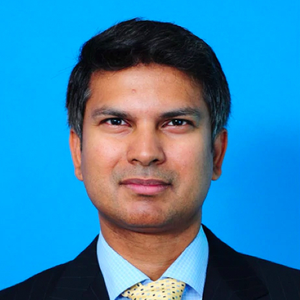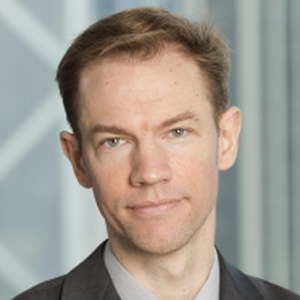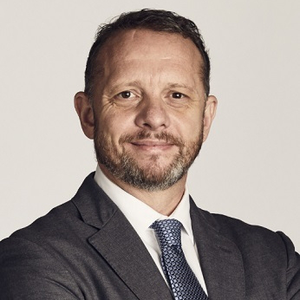Event Details
Across the rich world, the IMF says gross government debt will rise by $6trn, to $66trn at the end of this year, or from 105% of gdp to 122%—a greater increase than was seen in any year during the global financial crisis. Public debt is soaring as governments provide fiscal support to households and firms in order to help them, and thus the economy as a whole, survive lockdowns. This reality will shape politics and economics in the rich world for years to come.
Meanwhile, many of the world's emerging markets and less developed economies have already suffered currency depreciations, as fear and uncertainty surrounding the coronavirus have driven a pick-up in capital flight to the safety of the US dollar. However, in countries that have already built up large-scale US dollar-denominated debt, and that will need to borrow further in order to prop up damaged economies during the pandemic, there is a risk that additional currency depreciations will lead to defaults.
- Which emerging markets are in most financial peril?
- What are the implications for emerging market currencies?
- How will the debt burden shape government policy in the coming years?
Join us at 3:30pm HKT on May 13th as we examine debt, risk and emerging markets in this special webinar exclusive to members of The Economist Corporate Network.





